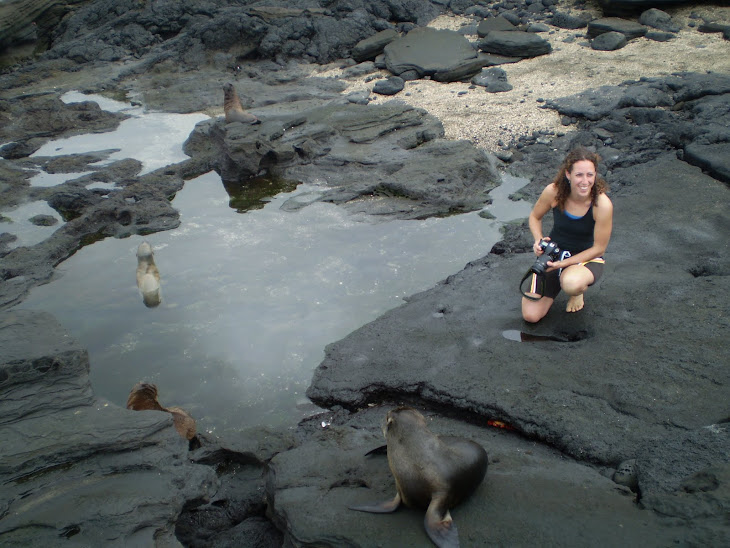The tasks at hand were to take height and weight measurements of each child in primary school for the purposes of analyzing the success of the feeding programme. In brief, many rural schools are supported by various organizations in the form of infrastructure and/or feeding programmes. Feeding programmes provide two meals a day to children who would likely not even have a chance to eat every day. Parents send their kids to school knowing they will be fed, and schools are supportive since it is well known that concentration levels are directly proportional to full stomachs. Given a handful of basic foods in the mixed mush form of either porridge, corn, maize meal, and/or beans, the children are thought to have a greater chance of survival and hopefully success in their intended achievements.


Heading off to the schools, I expected a lot and a little. I expected what I experienced in the Philippines a few years ago; to be enough of a mystery to those I encountered that I was followed incessantly as numerous pairs of young eyes tried to make sense of who and what I was. I expected to be uncomfortable as the obvious differences unfold between who these young people are and what I might be to them.
It was neither of those.
Of course, the differences were unmistakable, and many times I felt some very curious little fingers behind me tugging at my curls. For the most part though, it was relatively still with content and inquisitive stares overcastting whatever other thoughts the children may have been experiencing during the time we, the foreigners, were present at their school.

Among us was a reproductive health educator with a mandate to inform and discuss serious issues with the young women of the school. The educator took on tough, private, and restricted topics such as female circumcision and tried to convey the message to say no. Whether this choice is a right for these women is a challenge since it may ultimately mean that a non-obliging young woman and her mother may be abused and kicked out of the household with nowhere to hide and/or begin a new life. Sanitary products donated by the staff at Lewa were also distributed to these women, as without they are unable to attend school. Missing a week’s worth of school can be catastrophic for a woman trying to establish a niche for herself in a world where the basics of life namely food, water, and shelter, may be commodities.

One Lewa staff member approached each of us to say one thing, even if it was just a hello or to offer sage words to these women. The only thing I could say were the age-old clichés that I had been thinking about for awhile, lessons that I hope we can all follow and remember when enlightening worlds seems so far away: ‘always remember to follow your dreams, be yourself, and never give up’. I don’t know what or how, if at all, my words could impact these women, and I will probably never know. But I do hope that our presence in the schools that day does something beneficial, and does not harbor on the imbalances of the world’s distribution of wealth and the injustices of what is right for whom.


No comments:
Post a Comment